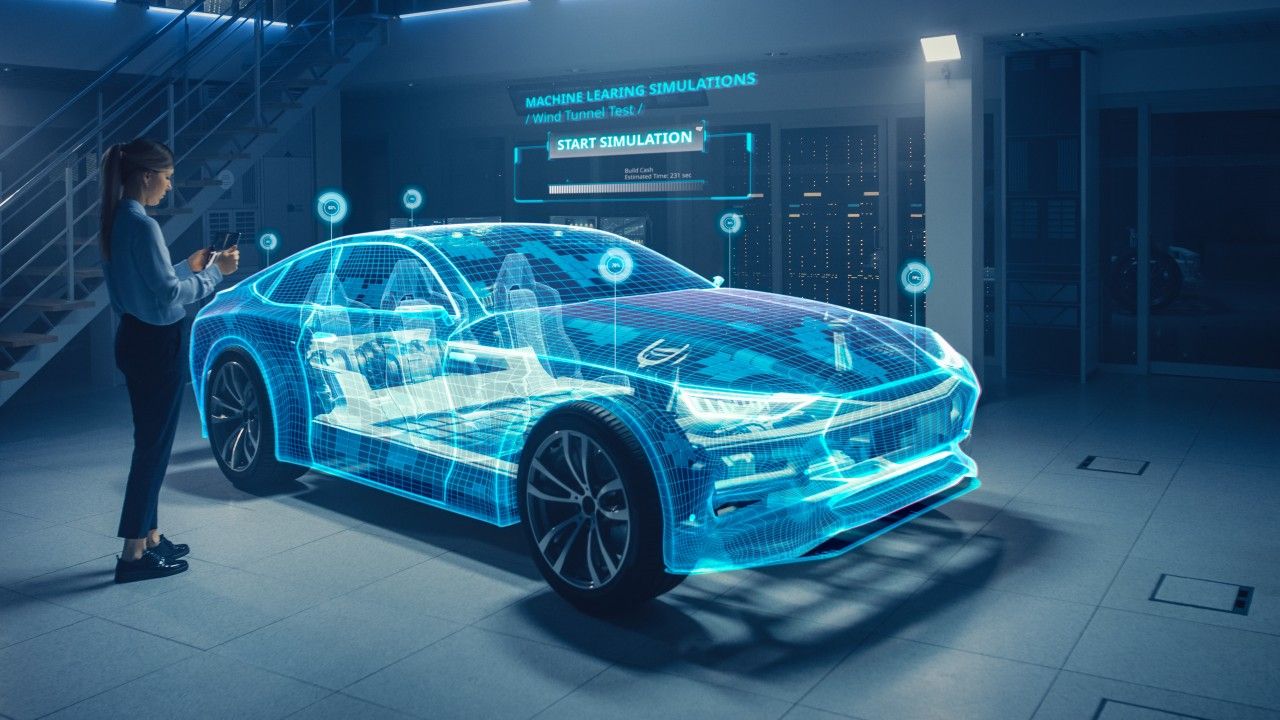Japanese Electronics Groups Disrupt Automotive Industry
The article discusses how Japanese electronics groups are poised to disrupt the automotive industry with their advanced technological capabilities. The article notes that as the automotive industry shifts towards electric and self-driving vehicles traditional carmakers are facing stiff competition from technology companies that have entered the sector.
However the article argues that Japanese electronics groups have an advantage over their Silicon Valley counterparts due to their long-standing partnerships with carmakers and their expertise in hardware. The article mentions how companies such as Denso and Panasonic have already made significant investments in autonomous driving and electric vehicle technology.
The article also notes how these companies are leveraging their expertise in other industries such as consumer electronics and appliances to develop innovative solutions for the automotive industry. For example Panasonic is developing a "smart cockpit" that integrates multiple functions such as navigation entertainment and climate control into a single interface.
The article goes on to discuss how Japanese electronics groups are also focusing on sustainability and reducing carbon emissions in the automotive industry. Companies such as Mitsubishi Electric and Hitachi are developing technologies for electric powertrains and energy storage systems.
The article highlights the importance of the Japanese government's support in promoting innovation and research in the automotive sector. The government has set a target of having electric vehicles account for 50% of all new car sales in Japan by 2030 which has spurred investments and partnerships between electronics companies and carmakers.
However the article notes that there are challenges ahead for Japanese electronics groups in disrupting the automotive industry. One of the biggest challenges is the high cost of research and development for advanced technologies such as autonomous driving and electric powertrains.
Additionally traditional carmakers have also made significant investments in these areas and are not likely to cede their market dominance easily. Silicon Valley technology companies such as Tesla and Google have also made significant progress in the electric and self-driving vehicle sectors.
Furthermore the article notes that Japanese electronics groups will need to adapt to the changing dynamics of the automotive industry which is increasingly driven by software and data. To do so they will need to develop new partnerships and collaborations with technology companies and start-ups.
In conclusion the article highlights how Japanese electronics groups are poised to disrupt the automotive industry with their advanced technological capabilities. While they face challenges such as high costs of research and development and competition from traditional carmakers and Silicon Valley technology companies their expertise in hardware and long-standing partnerships with carmakers provide them with a competitive advantage. With the support of the Japanese government these companies are well-positioned to drive innovation and sustainability in the automotive industry.






